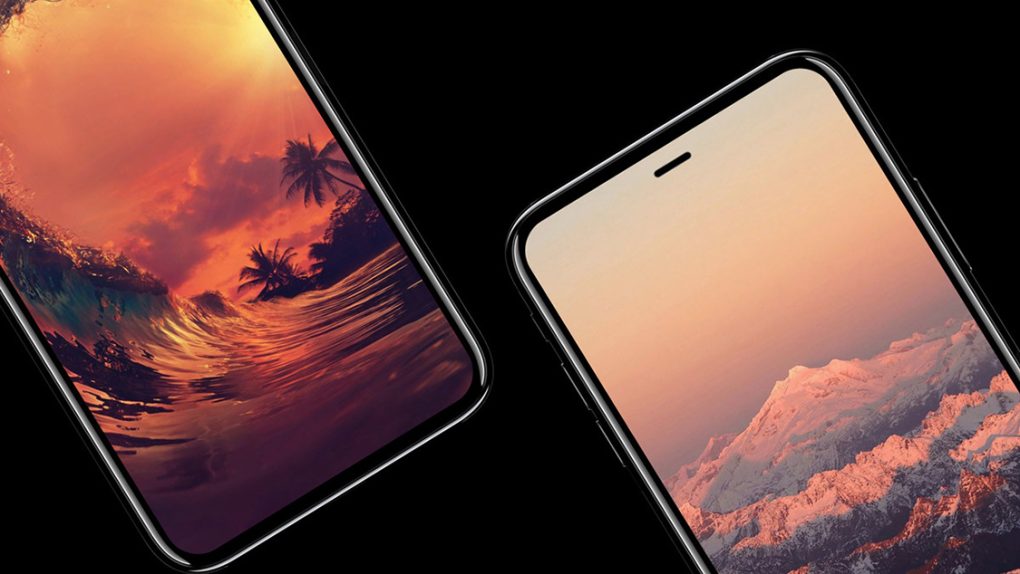Over the past few weeks, we’ve been inundated with somewhat conflicting information regarding how much the iPhone 8 is going to cost. While some analysts anticipate that Apple’s next-gen iPhone will cost somewhere in the $870 to $1070 range, other analysts maintain that the entry-level 128GB iPhone 8 will retail for $1,000, with a more storage-friendly 256GB model set to retail for $1,099. As a point of reference, the 128GB iPhone 7 Plus currently sells for $869.
No matter how Apple opts to price the iPhone 8, it’s a safe bet that the device will easily be the most expensive iPhone Apple has ever released. In turn, there has been some chatter that Apple may be doing itself a disservice if it prices the iPhone 8 too high. The reality, though, is that consumers will clamor for the iPhone 8 no matter how expensive it is, even if the entry-level model does ultimately fall in the $1,000 range.
At a base level, Apple’s entire history is predicated on selling premium products at a premium price. While there are exceptions here and there, it’s no secret that most Apple products are pricier than rival devices. To that end, Apple and iPhone users are already well-acquainted with the idea that enjoying Apple’s most advanced technologies and next-gen features isn’t an investment that comes cheap.
Additionally, the surprising success of the iPhone 7 Plus underscores that iPhone buyers have no problem spending a little bit more to enjoy exclusive features. With the iPhone 7 Plus offering users an advanced dual-lens camera, not to mention incredible battery life, users flocked to the iPhone 7 Plus in droves. In fact, the popularity of the iPhone 7 Plus even surprised Apple executives and forced the company to tweak its production to account for this dynamic.
Even in China, where iPhone sales were down overall, iPhone 7 Plus sales did surprisingly well. During Apple’s most recent earnings conference call, Tim Cook relayed that demand for the iPhone 7 Plus was strong while demand for other models came in weaker than expected.
All in all, a $1,000 price tag on a brand new iPhone might reasonably cause some users to take a step back, but the slew of new features the iPhone 8 will bring to the table will undoubtedly compel many longtime iPhone owners to upgrade. Remember, the iPhone form factor hasn’t changed much at all since Apple rolled out its iPhone 6 lineup in 2014. Consequently, many iPhone owners have been hoping for a fresh new form factor for years.
What’s more, the cumulative number of iPhone users is larger today than it’s ever been, which is to say that the pool of users in the market for an upgrade will be at an all-time high once the iPhone 8 is released.








